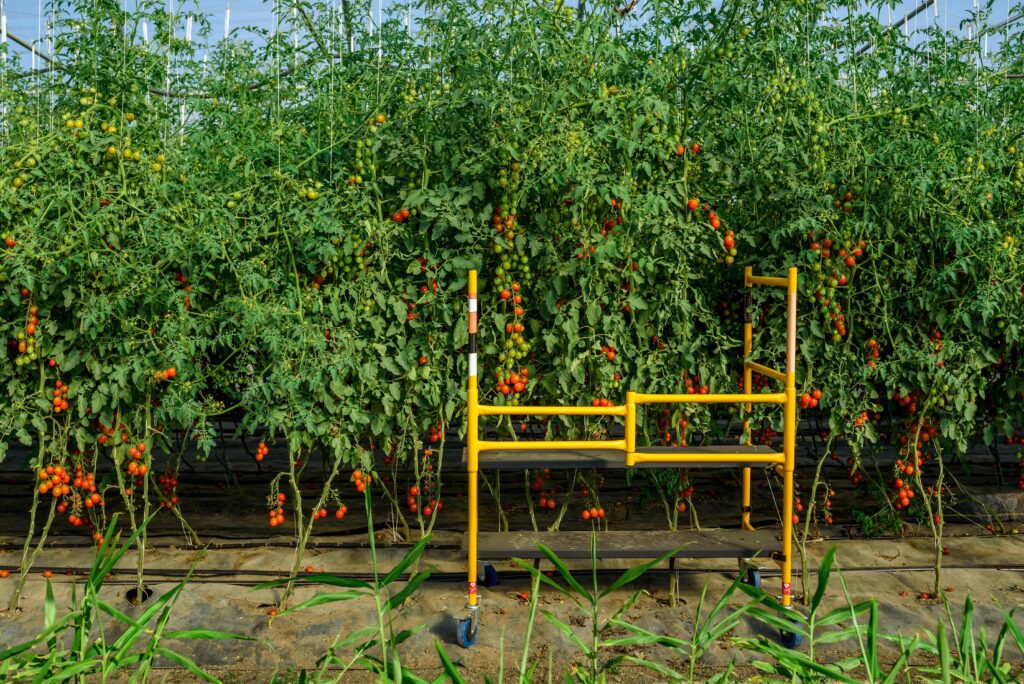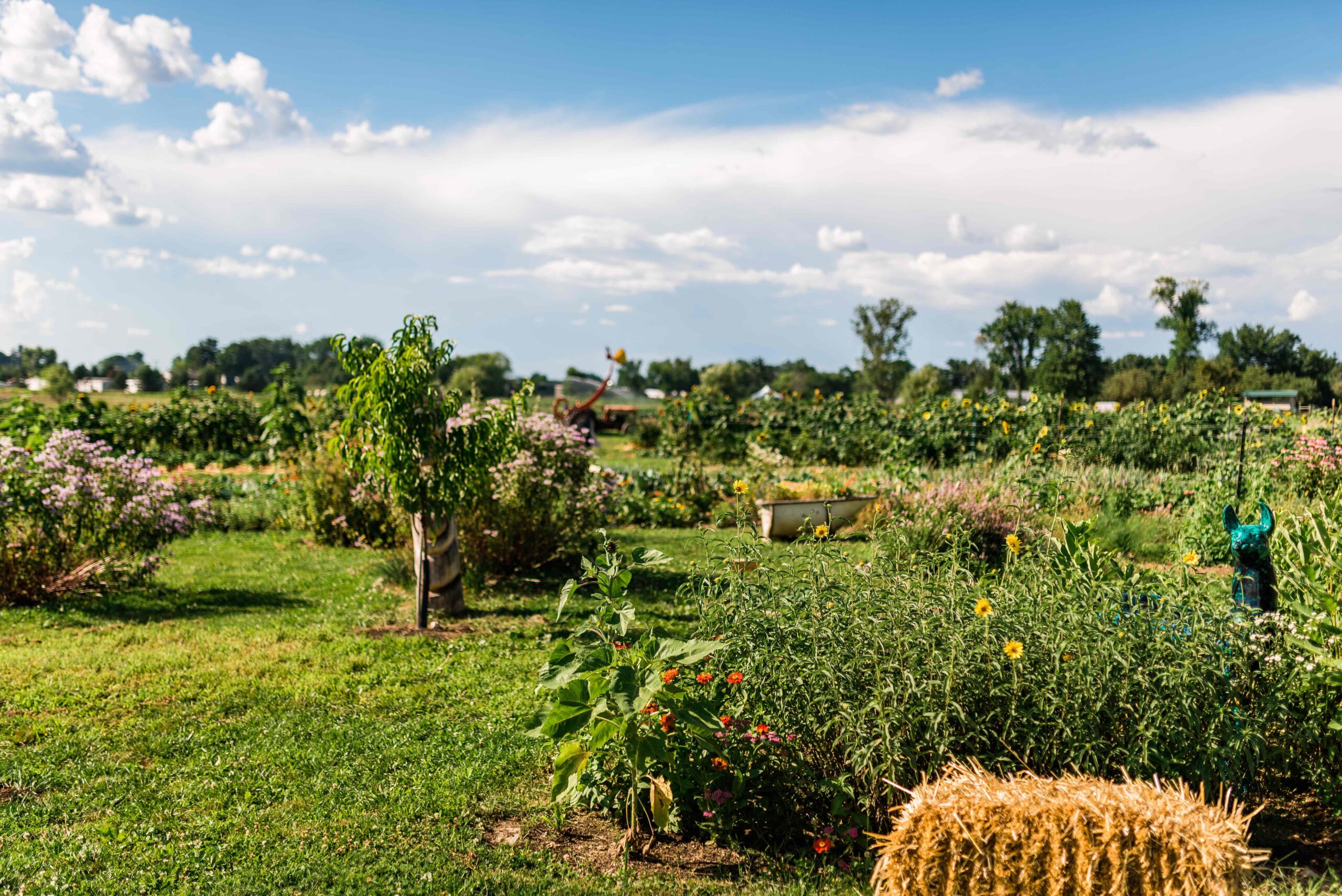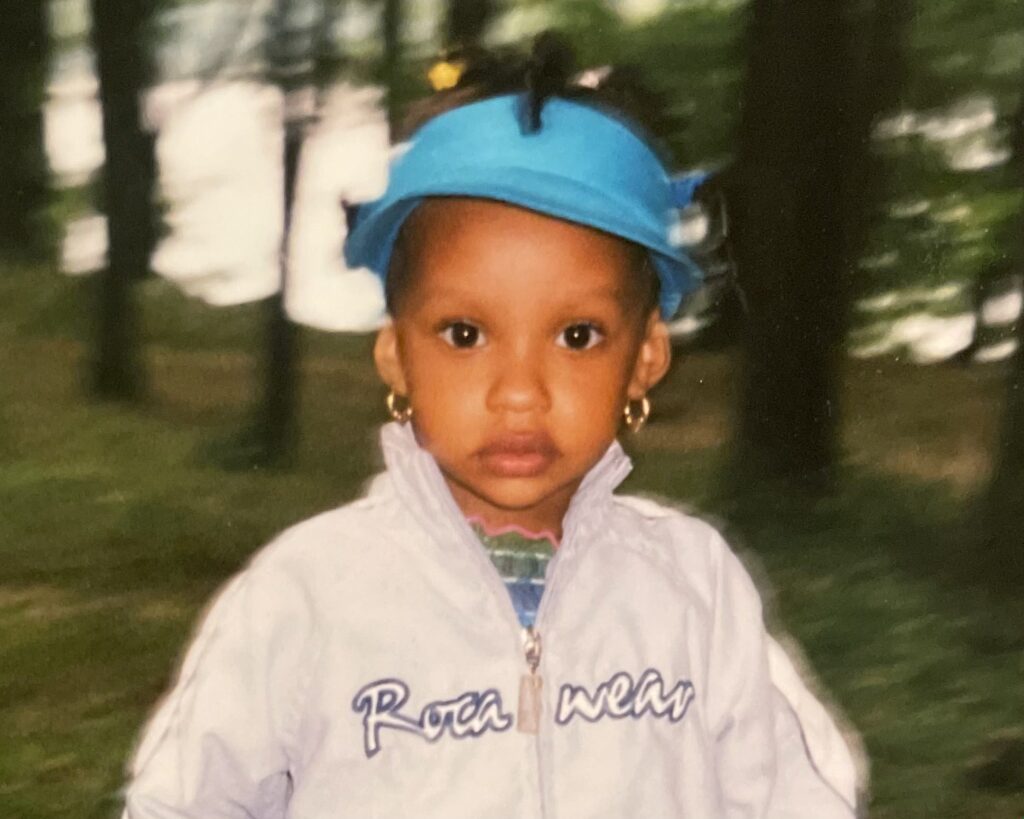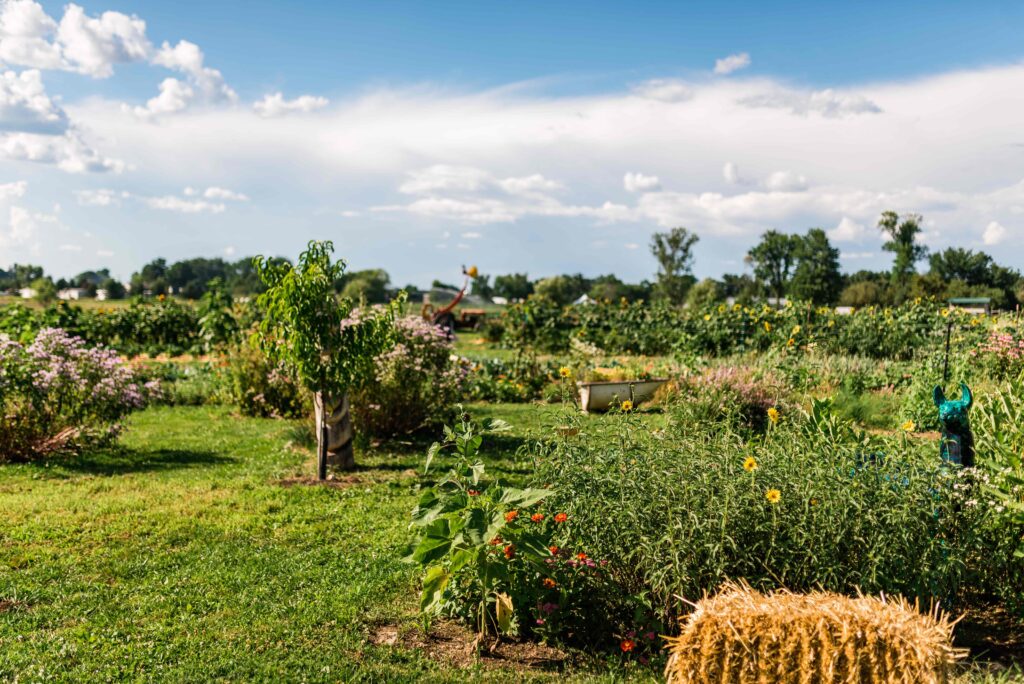Being able to say you’re a native New Yorker is a stamp of pride for many people. Liz Neumark is a third-generation city girl and has spent her whole life giving back to the hometown she loves.
Liz grew up on the Upper West Side in a neighborhood she says was so Jewish it was like a “shtetl.” “One set of grandparents lived in the same building as me, and the other was just a few blocks away,” says Liz. “My mom’s grandmother was also alive for many years. We were a very close-knit family.”
After graduating from Barnard in the late ‘70s with a degree in Political Science and Urban Studies, Liz embraced her artistic side and pursued a photography career. “It really was not a good time in the urban environment, and there were no jobs, so I pivoted and started finding a community among artists in the city,” says Liz.
Liz and her friends needed money, but they also needed flexible work schedules, so they turned to hospitality. After discovering that opportunities for women were few and far between, Liz decided to start her own waitressing company to provide jobs for women in the arts. Great Performances quickly evolved into a successful catering business and is still an essential part of the city’s service industry 43 years later.
In 2007, Liz bought a 60-acre farm in Columbia County to support the catering service. Katchie Farm is a significant produce source for Great Performances and is also home of The Sylvia Center, Liz’s nonprofit dedicated to educating young people and families about nutrition, healthy eating and cooking through farm visits and garden-to-table workshops.
I spoke with Liz on the phone while she was driving to Katchie Farm. The 68-year-old, life-long entrepreneur seldom stops working, yet she spoke with all the energy and youthful exuberance of the 22-year-old who started the Great Performances empire in 1980.
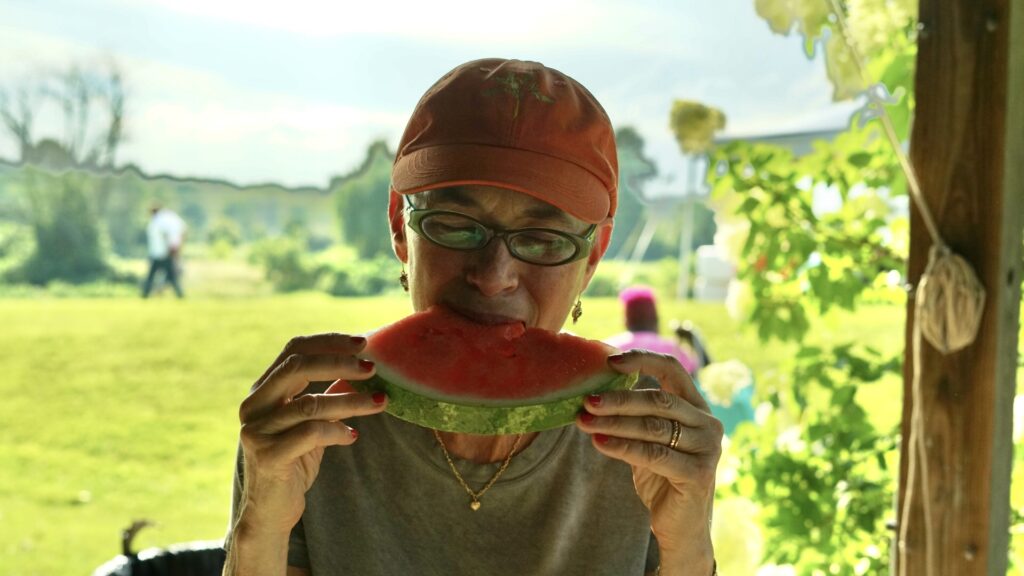
FG: Why did you choose to study Poli-Sci and Urban Studies?
Liz Neumark: I’m an activist; that’s in my DNA. It’s just hardwired from day one. And I’m a middle child, so I’m born to be rebellious. I didn’t know that food would be my platform for looking at social justice, but I was always interested in how cities work and how to improve and how to make a change.
FG: What was one of the first examples in your life of your “entrepreneurial spirit?”
LN: In college, I had this little business called The Organizers. Our tagline was, “We put your shambles into shape!” We would go to people’s apartments and tidy things up. I think maybe New York magazine had a classified ad or one of those help-wanted sections we would advertise in. It was a different time—we just went to total strangers’ houses. I don’t think anybody would do that anymore.
FG: Can you tell me more about the initial inspiration for Great Performances?
LN: After graduating from Barnard, I really wanted to get into more civic-type work. But there were no jobs, so I pivoted and discovered a love for photography. I was part of this arts community with all different actors, singers, dancers, writers and said to them, I’m going to start this waitress service for women in the arts, and we’ll get good jobs for ourselves with flexible hours and then we can go find fame and fortune. So clearly, I failed there (awkward laugh).
FG: I don’t think I’d consider owning a successful business for over 40 years a failure (laughter).
LN: (laughs) Well, just the photography part. When we first started in 1980, at the end of that first year, I realized we needed to have a gender-balanced team. Some of our hosts and hostesses couldn’t fathom a female bartender—if you can believe that—so we integrated and have long believed that gender-balanced teams with female domination behind the scenes are the best environments.
FG: When did you expand the business to start involving catering and food?
LN: Some of our very first clients who were booking staff started asking us to bring food, so in ‘82, we built our first kitchen in SoHo. We were there for ten years and then moved further West to what is now known as Hudson Square. We were there for over 25 years until Disney bought the land from our landlord, and then we migrated up to the South Bronx, where we have been since the later half of 2019. It’s a really great chapter in terms of community engagement and seeing a totally different part of the city.
FG: Are most of the people on staff still pursuing careers in the arts?
LN: Pre-Pandemic, we were still probably 85% arts. What’s happened over the last 20 years is that catering-slash-hospitality has gained legitimacy as a career, so we do find more people who are looking for careers in hospitality who are drawn to us as opposed to just the arts. So many of our artists left town during the Pandemic, so we had been rebuilding but I’d say we’re still probably 70% in the arts. The arts are so much broader now too. There’s a part of technology that’s artistic, so the landscape is really fascinating.
FG: Do you think being a third-generation New Yorker and having your family so close to you while growing up influenced your passions for helping the city and building community?
LN: Yeah, I’m from a Jewish-American family, and we’re five generations in this country and for many Jewish-Americans that’s uncommon. My parents and my grandparents always celebrated being American and believed in giving back and getting involved at the civic level. It’s just part of you from day one; it’s what you do.
FG: When do you feel like you first achieved success? When you thought, “Wow, I’ve really made something big here?”
LN: In 1986, there was a huge Statue of Liberty event—I think for the anniversary—and we landed a huge job, probably a million-dollar job, which was just off the charts for us. It was for Coca-Cola and I was like, “Oh, this is serious.” That was an external affirmation, knowing that we’ve built a good machine here.
FG: How did the farm idea come about? What inspired you to build an entire farm from the ground up?
LN: (Laughs) Yeah, ‘cause I’d say every West Side kid’s dream is to be a farmer. There were a couple of things, though. One is: here I am in the food business, and I love ingredients. As we got bigger, you realize that food could be a commodity or it could be something that you really celebrate in a different way. I never wanted us to get into the commodity-minded space, so there was a seed planted in my head about maybe one day it would be nice to have a farm. I started to read about farmers so it sort of just caught my attention. My father—he’s just so funny—he lives a few blocks away from me and he’s 96; he used to say to me, “Let’s get a farm! Let’s get a farm!” and I was always just like “Okay, okay.”
But then we had a tragedy in my life. My youngest child, Sylvia, died of a brain aneurysm when she was almost seven. That was in ‘04, and how do I go back to this crazy world where people have meltdowns because the shade of beige is too beige or the meat is overcooked? I thought I would never be able to do it. Then, I woke up one morning, and it was all figured out. During that time, farmers’ markets and the Green Market were the only places I really felt whole and felt good. So I decided we were going to buy the farm and the farm will be home to the Sylvia Center. We’re going to create this nonprofit and it’ll create a legacy for this little girl who really wanted to be helpful and give my life meaning. It’s interesting how tragedy makes you stronger.
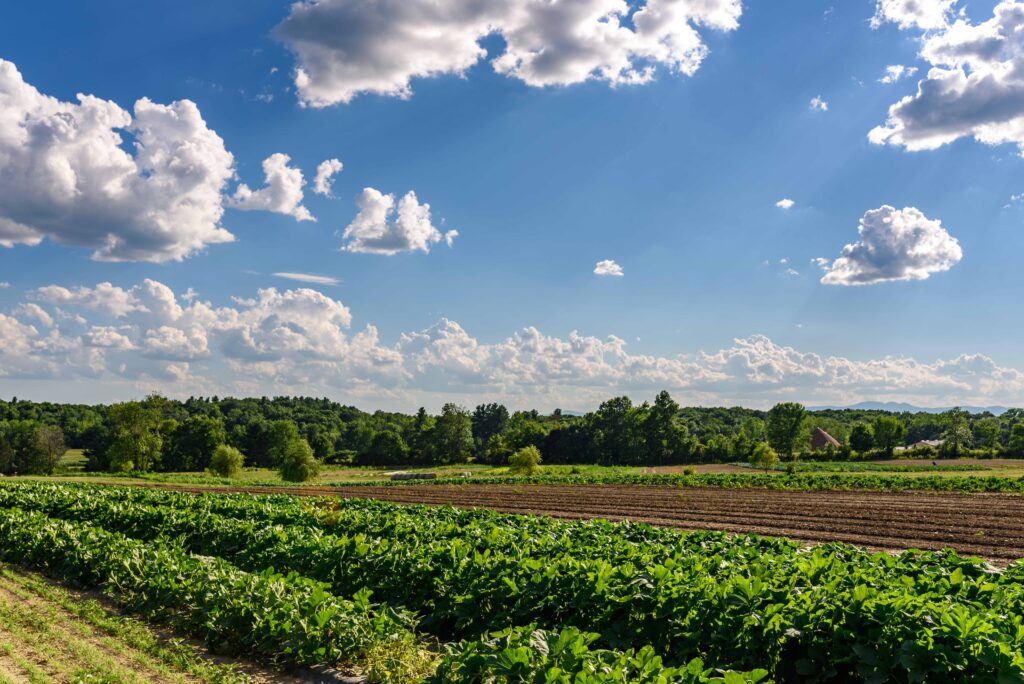
FG: Do you remember what the first thing you harvested was?
LN: The first year we had (laughs)… we had grape tomatoes and a bumper crop of cucumbers. (Laughs) Cucumbers are not a big catering thing, so that first year, we created our first farm product and we called it Thunder Pickles. We called them that because when I was a kid there was a family down the road from us and a guy that had a little plot and garden and he told me that thunder makes the cucumbers grow. (Laughter)
FG: Do you work directly in the classes at the Sylvia Center often?
LN: Once or twice a year I’ll teach a class, and it’s so great because the kids are so sassy and so interested. The kitchen is just a magical place.
FG: Do you have a favorite memory from teaching the kids?
LN: We had Salvation Army bring a bunch of kids up to the farm from homeless shelters. There was a little girl, and in her hand she had a little onion. She was taking it with her and her friend said to her, “You don’t have a kitchen at home; why are you taking it?” And the little girl said, “My mom always says we’ll always figure out a way.” Iit just shows you the resilience of the kids.
FG: I know you’re working all the time, but when you do have free time, what do you like to do?
LN: I’m a canner. I like to preserve food. I think it either is my therapy, or it means I need therapy. (Laughs) I have over 1,000 jars between June and December. I make jams, chutneys, jellies, all kinds of crazy stuff depending on what’s growing. I buy fruits by the boxful from a friend upstate and then I just torture myself, but I love it. I give 99.9% of it away. There’s nothing like food memories that just cascade open, it’s great.
FG: Is there any one person that taught you how to cook or are you a self-taught chef?
LN: My big sister. She makes a wicked coleslaw. She taught me the basics of things like roasting chicken and making soup. I’m so influenced now by what’s growing seasonally. A couple times a year I would go to Adam Kaye, who was a chef for Blue Hill at Stone Barns, and I would sit in on his cooking classes. You pick up techniques and ideas. Also watching the chefs at Great Performances, you see it’s more about method and some flavors. It’s like learning a language. It doesn’t come naturally to me; you have to take time to drill it down.
FG: I honestly think I learned how to cook because of how much Food Network my mom and I watched when I was growing up.
LN: I remember watching those shows; that’s a great way to learn! Some of our Sylvia Center kids, I remember them coming in and saying things like “I’m Rachel Ray, Bobby Flay.” Those are the role models.
FG: Do you have a favorite restaurant or guilty pleasure meal in the city?
LN: Not a favorite restaurant, but my guilty pleasure is a Mexican Coke.
FG: My sister loves those! Every time we go to a restaurant and they have them she freaks out a little bit.
LN: They’re so good. Definitely not a way of life, a guilty pleasure for sure. (Laughs)
FG: A slippery, sugary slope. (Laughs)
LN: I’m a pescatarian, and I’m selective about what fish I eat. I don’t care about burgers; I don’t care about steak. But every couple of weeks, I get a craving for a really, really good hot dog.
FG: If you had to sum up all the work you’ve done with Great Performance, the Sylvia Center, all of it, what would you say?
LN: Easy. Life happens around food. How we can gain these moments and what happens around the table is just as important as what’s on the table. I love food, but it’s about what’s happening around food and I see that in the Sylvia Center. After the kids cook together, they eat together and they celebrate what they made. It’s really the conversations they have. Not everybody sits in a communal setting, in a relaxed way, and really talks and that’s what food can do. Great Performances is like my first child; I could talk about it forever.
